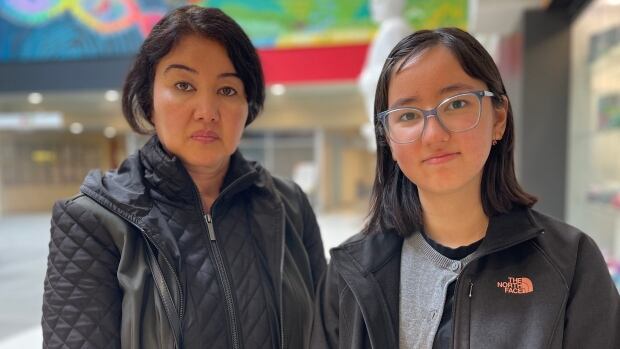
Young woman searches for live kidney donor sharing her extremely rare blood type
CBC
Sana Ashoori is in a race against time — and the odds — as she searches for a life-saving kidney donation.
A rare disease has left the young Calgarian with just 30 per cent kidney function and she will ultimately need a transplant.
"I think mainly for my future," said Ashoori, 20, who struggles with fatigue, anemia and a number of other health issues related to her illness.
Ashoori and her family were advised to start searching for a donor early — before she is added to the transplant list — because she also has an extremely rare blood type, known as the "Bombay" blood type.
While she could take a kidney from someone with another type, doctors say a kidney from someone with the same blood group reduces the risk her body will reject the organ.
"What if I don't find a donor? Or what if I do find one and then it's not really a compatible match with my blood type? And then rejection happens? That whole process is very scary to think about."
People with the Bombay blood type lack an H antigen, a basic protein that is the backbone of other blood groups, according to Dr. Dave Sidhu, head of transfusion and transplant medicine in southern Alberta.
The introduction of another blood type in these cases can prompt the formation of antibodies, which can ultimately lead to organ rejection.
Some people already have these antibodies circulating in their blood, further increasing the likelihood of rejection.
The trouble is, the Bombay blood type is extremely rare in Canada.
"The best option for finding a compatible match is looking within her own ethnic population first," said Sidhu.
That's because this blood group is more common in South Asian populations.
According to Sidhu, approximately one in a million people of European descent have the Bombay blood type compared to about one in 10,000 people from India, for example.
No one in Ashoori's family, originally from Afghanistan, has been identified as a match.













